
SUBTLE WARNING SIGNS OF CLOGGED ARTERIES AND HOW TO UNCLOG THEM NATURALLY
Heart disease remains one of the leading causes of death worldwide, and one of its most dangerous contributors is clogged arteries. The arteries are the body’s vital highways, carrying oxygen-rich blood from the heart to every organ. When these pathways become narrowed or blocked by plaque buildup — a combination of fat, cholesterol, calcium, and other substances — the risk of heart attack and stroke rises dramatically. What makes this condition particularly threatening is that it often develops silently over years. However, there are several subtle warning signs that may indicate your arteries are beginning to clog, and knowing how to address them naturally can help protect your heart and overall health.
One of the earliest and most overlooked symptoms of clogged arteries is chronic fatigue. When blood flow is restricted, the body’s cells receive less oxygen and energy, leading to persistent tiredness even after adequate rest. Another subtle sign is shortness of breath. This occurs when narrowed arteries reduce blood flow to the heart, making it harder for it to pump efficiently. You might feel breathless after light activity or even when lying down.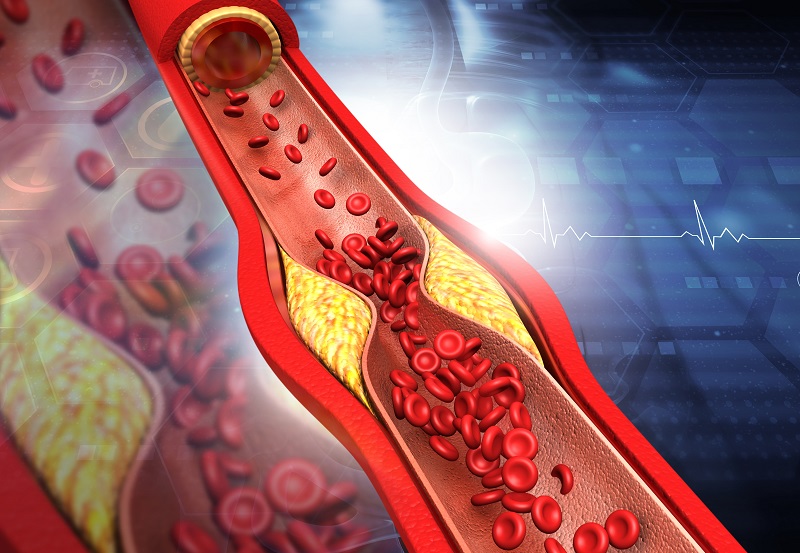
Chest discomfort or pressure — sometimes mistaken for indigestion — is another key warning sign. Unlike sharp pain, this discomfort often feels like heaviness or tightness in the chest, and it may radiate to the shoulders, neck, or jaw. Cold hands and feet can also signal reduced circulation, especially if accompanied by numbness or tingling. Additionally, erectile dysfunction in men can be an early indicator of arterial problems, as it reflects poor blood flow long before heart symptoms appear.
Dizziness, leg pain during walking (known as claudication), or slow-healing wounds may also point to circulatory issues caused by plaque buildup. These symptoms should never be ignored — they’re your body’s quiet way of asking for help.
The good news is that clogged arteries can often be managed and even improved through natural lifestyle changes. One of the most effective strategies is to adopt a heart-healthy diet. Reducing saturated fats and trans fats — commonly found in fried foods, processed snacks, and red meats — helps prevent plaque formation. Instead, focus on foods rich in omega-3 fatty acids, such as salmon, flaxseeds, and walnuts, which reduce inflammation and support arterial flexibility.
Adding fiber-rich foods like oats, beans, fruits, and vegetables also helps remove excess cholesterol from the bloodstream. Garlic, in particular, has been shown to help reduce plaque buildup and improve blood flow. Likewise, turmeric, a natural anti-inflammatory spice, may help prevent arterial hardening.
In addition to diet, regular physical activity plays a crucial role in keeping arteries clear. Exercise strengthens the heart, lowers blood pressure, and increases levels of “good” HDL cholesterol, which helps carry away harmful fats from the arteries. Even 30 minutes of brisk walking, cycling, or swimming most days of the week can make a significant difference.
Another vital factor is managing stress. Chronic stress raises cortisol and adrenaline levels, which can increase blood pressure and promote arterial damage. Practicing deep breathing, meditation, yoga, or simply spending time in nature can help the body relax and reduce cardiovascular strain.
Finally, quit smoking and limit alcohol consumption. Smoking damages the lining of the arteries, allowing plaque to form more easily, while excessive alcohol intake can raise triglyceride levels. Both habits accelerate arterial aging and should be avoided for optimal heart health.
In conclusion, clogged arteries rarely appear overnight — they develop quietly, often without obvious symptoms until it’s too late. Recognizing the subtle warning signs like fatigue, shortness of breath, or poor circulation can be life-saving. By embracing natural remedies — eating heart-friendly foods, staying active, managing stress, and avoiding harmful habits — you can support your arteries’ health and ensure that your heart keeps beating strong for years to come. Prevention is the best medicine, and your daily choices are the most powerful tools you have to keep your arteries clean and your life full of vitality.
News in the same category

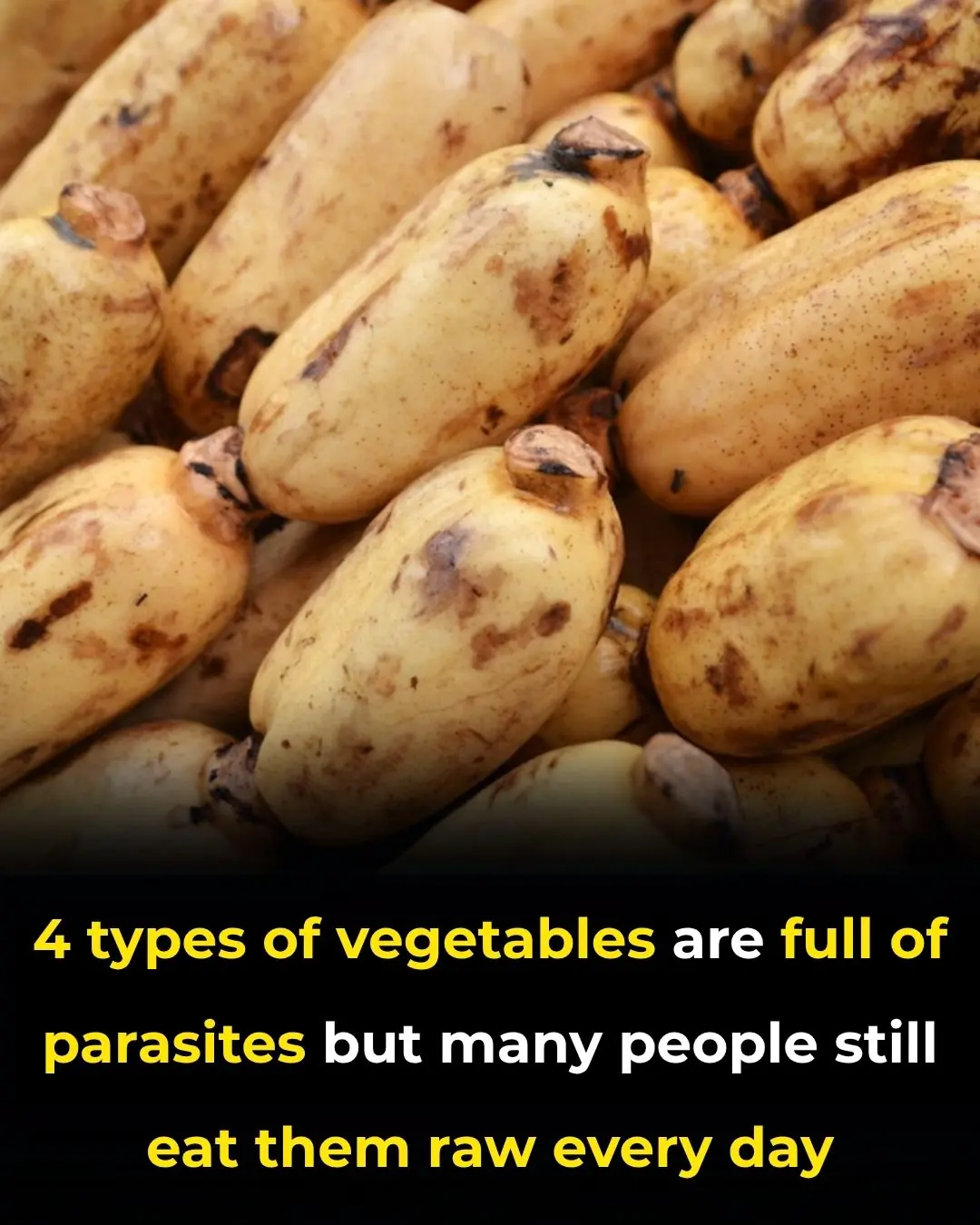
4 types of vegetables are full of parasites but many people still eat them raw every day
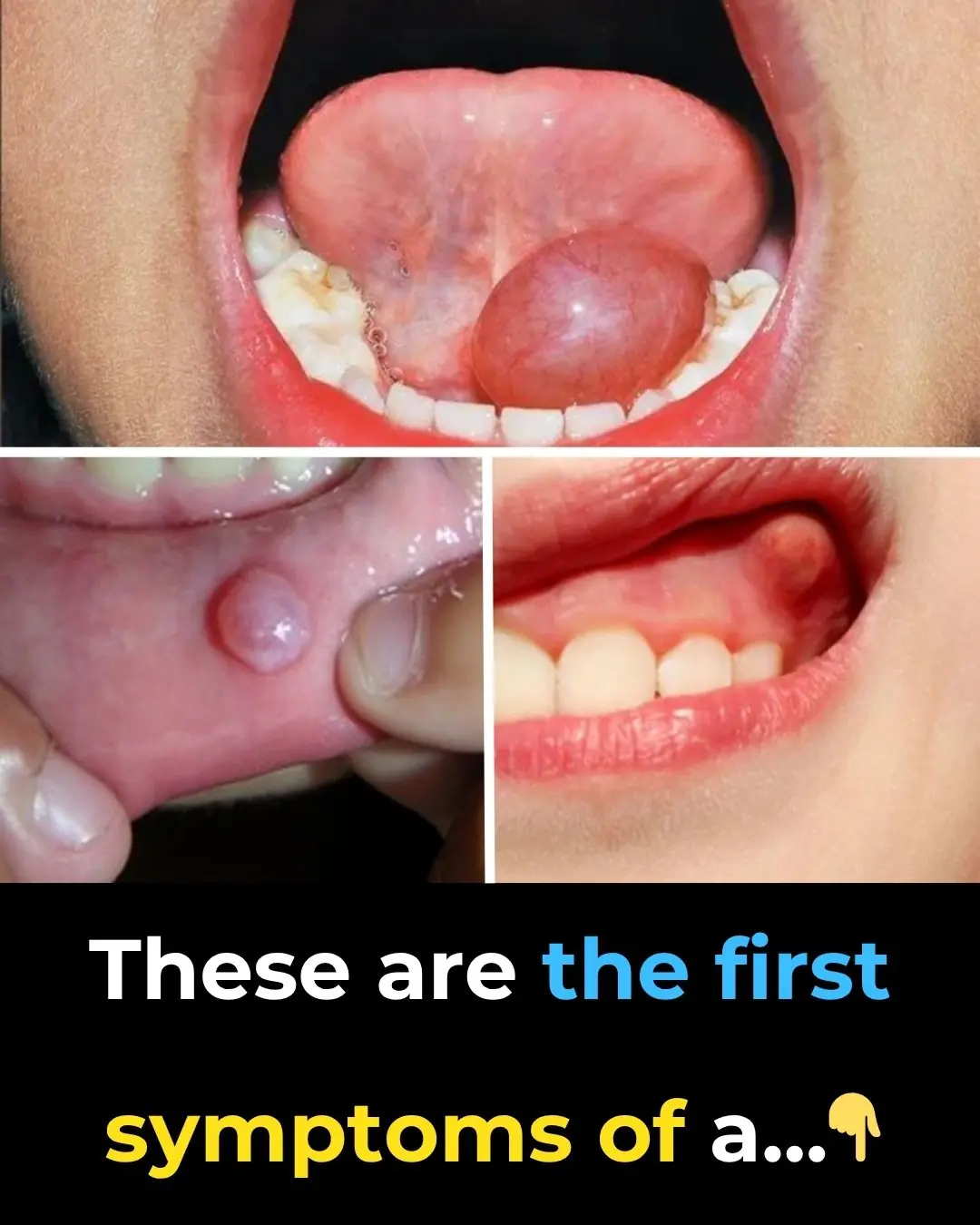
Hidden Dangers in Your Mouth: Early Signs of Oral Cancer
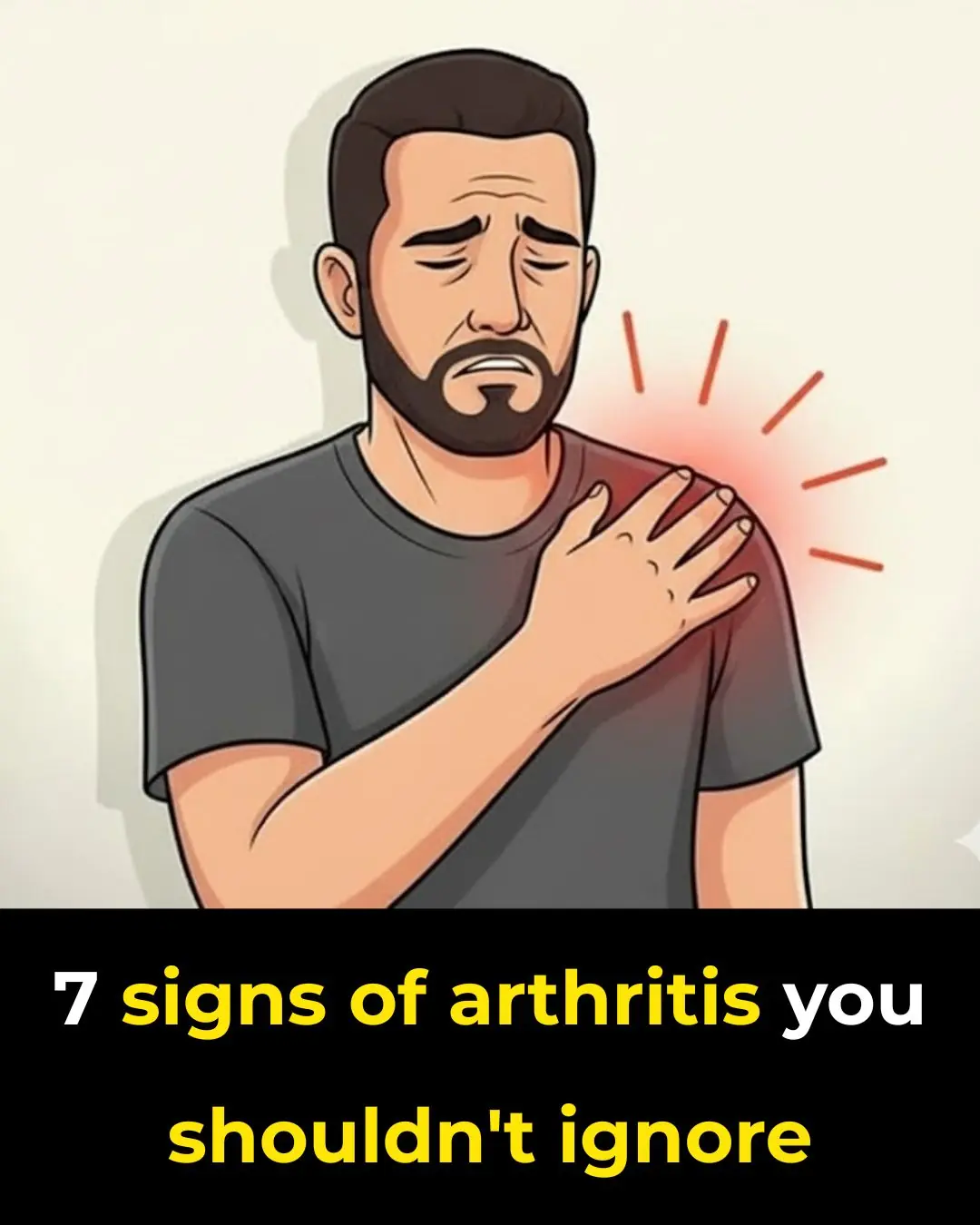
7 Signs of Arthritis You Shouldn't Ignore
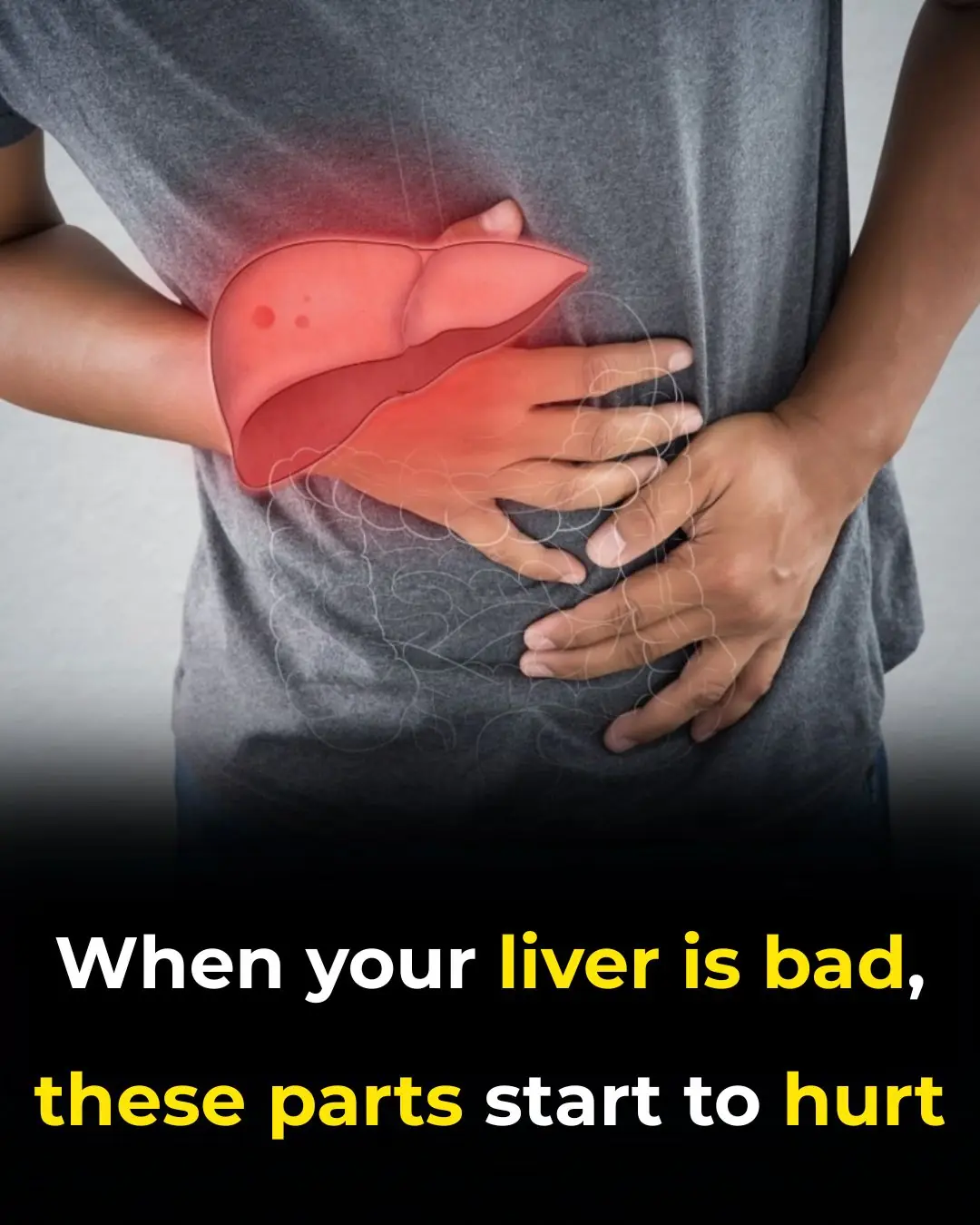
When your liver is bad, these parts start to hurt
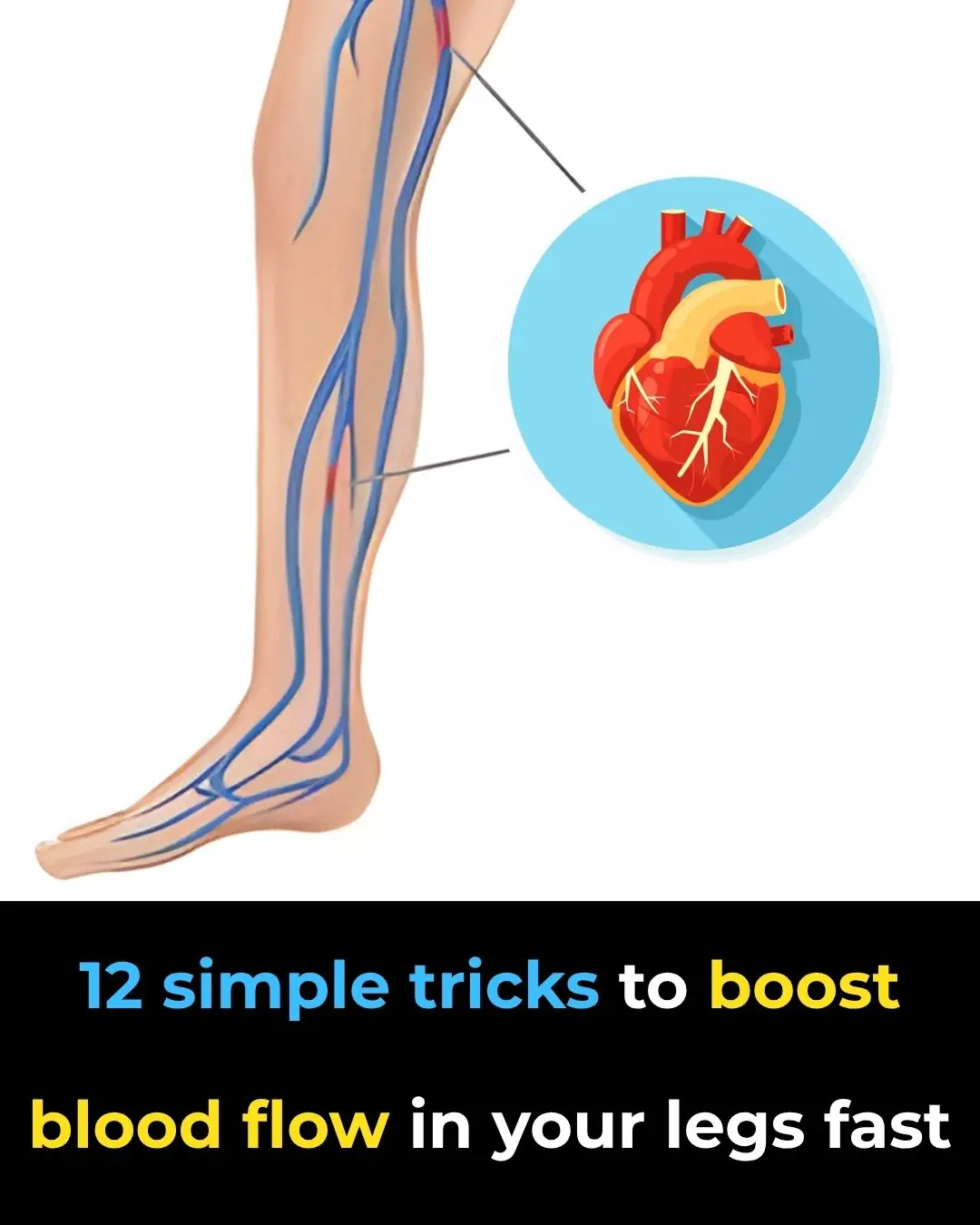
Top 12 ways to quickly improve blood circulation in legs
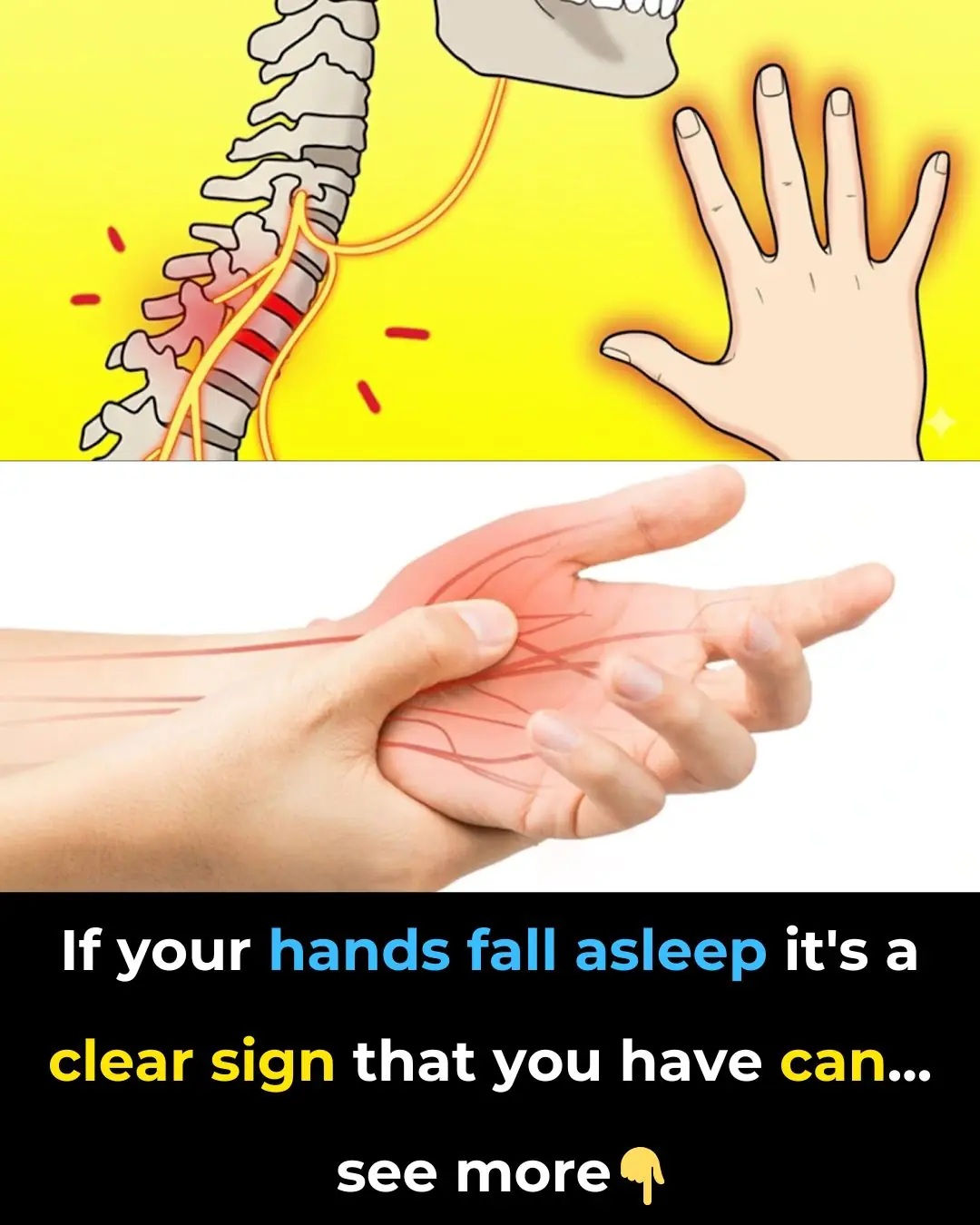
Tingling Sensation In Your Body: Why Does It Happen
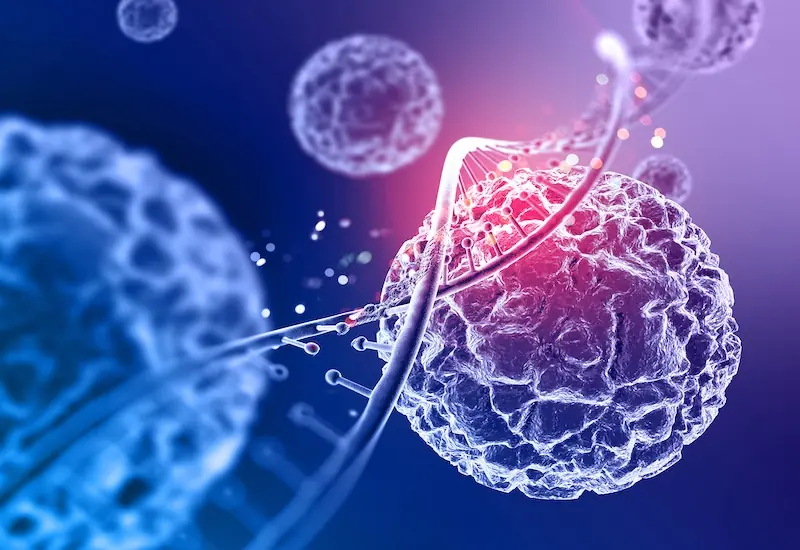
5 Breast Cancer Signs You’ve Never Heard Of — But Shouldn’t Ignore
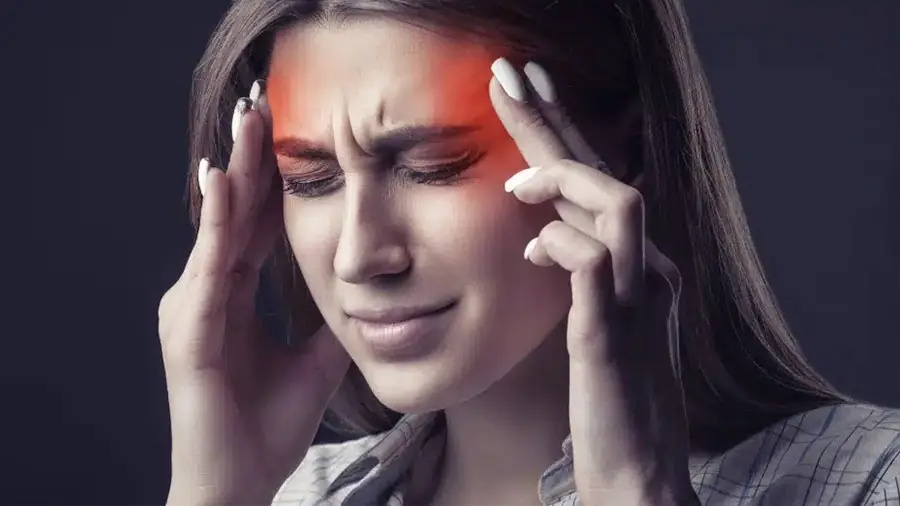
YOUR BODY’S SCREAMING FOR HELP — DON’T IGNORE THESE HIDDEN DEFICIENCY SIGNS

Scientists have just uncovered a game-changing reason to eat an egg every day

What Happens If You Eat 4 Whole Eggs a Day for 30 Days?
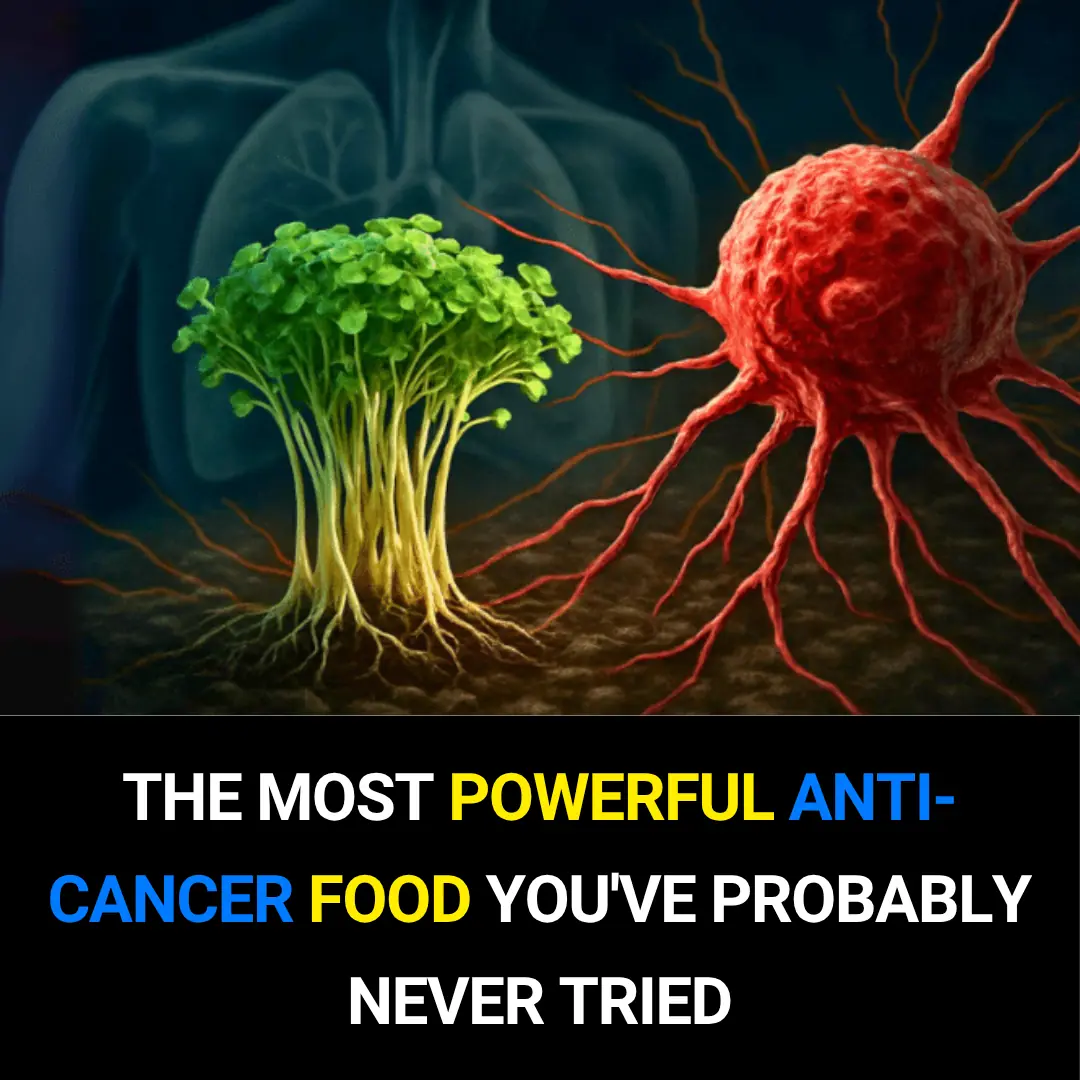
The Most Powerful Anti-Cancer Food You’ve Probably Never Tried

How to Use Frozen Lemon to Help Combat Malignant Tumors in the Body
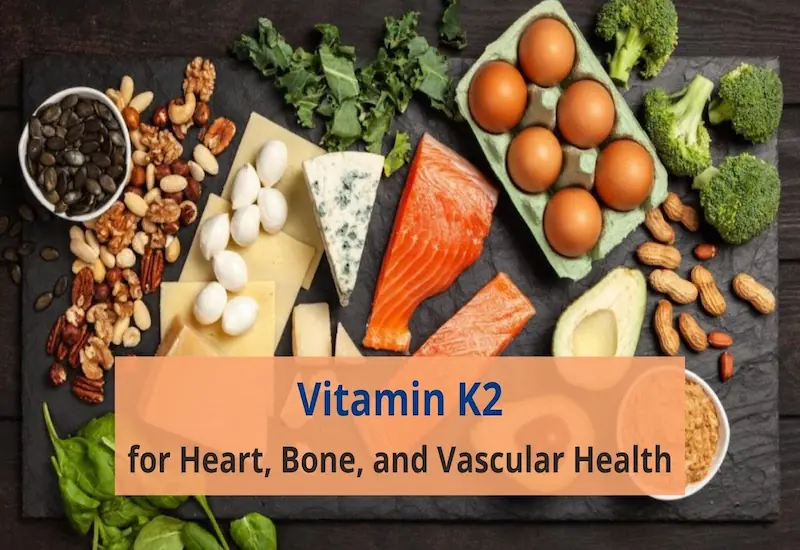
Vitamin K2: The Underrated Nutrient That Protects Your Heart and Arteries
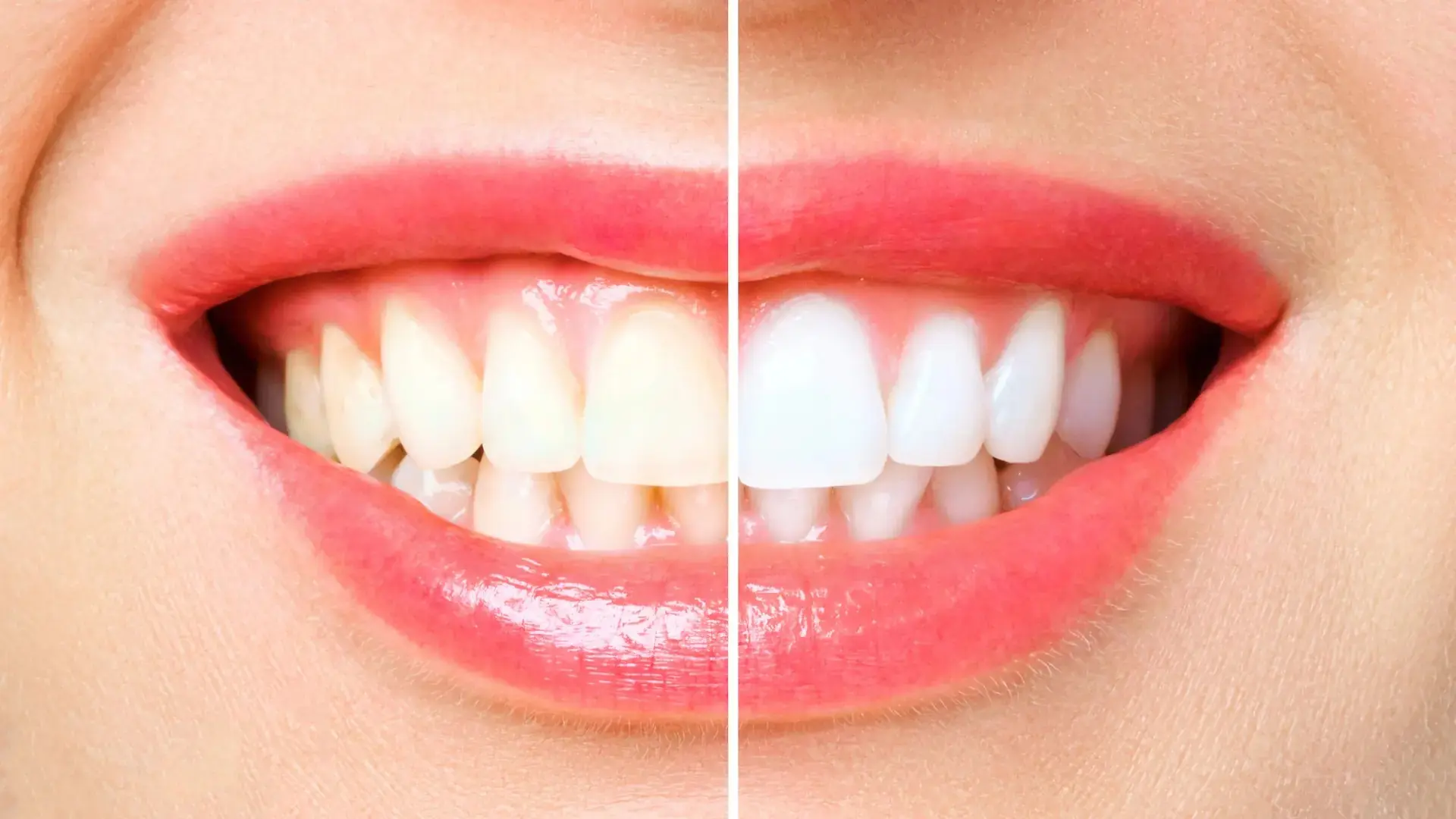
DENTISTS HATE HOW SIMPLE THIS TEETH WHITENING HACK IS

What Happens to Your Body When You Stop Eating
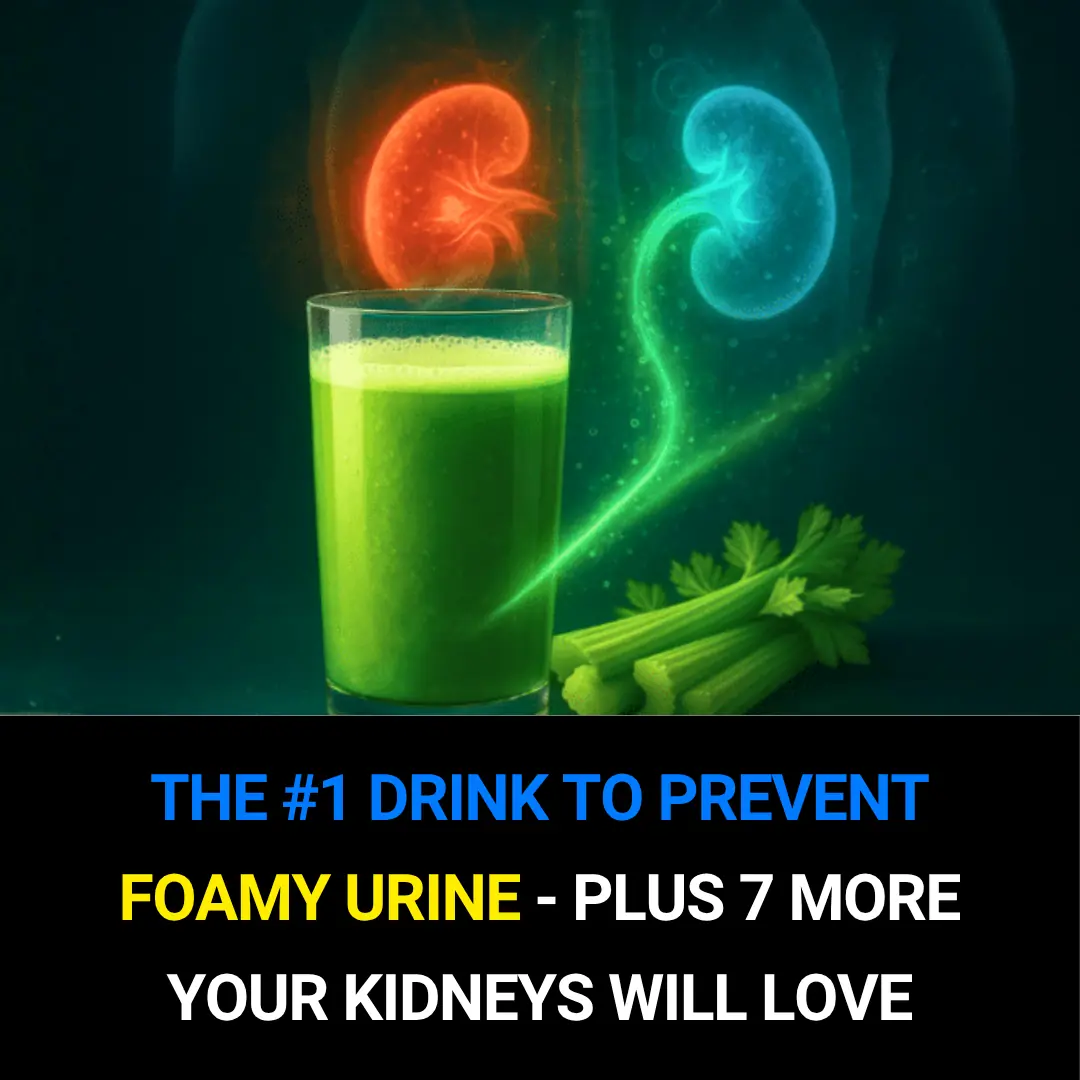
The #1 Drink to Prevent Foamy Urine — Plus 7 More Your Kidneys Will Thank You For
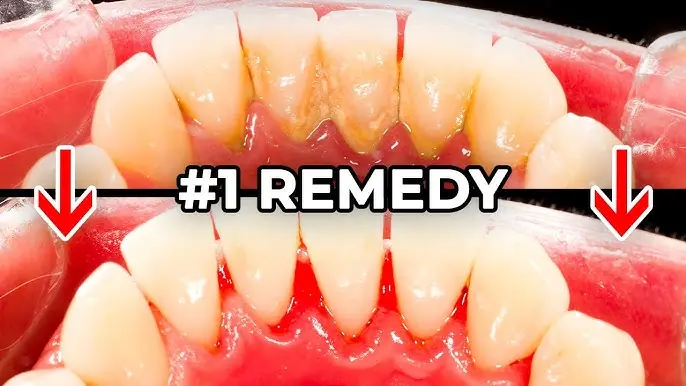
The #1 Most Effective Remedy for Dental Plaque (And How to Beat Tartar at Home)
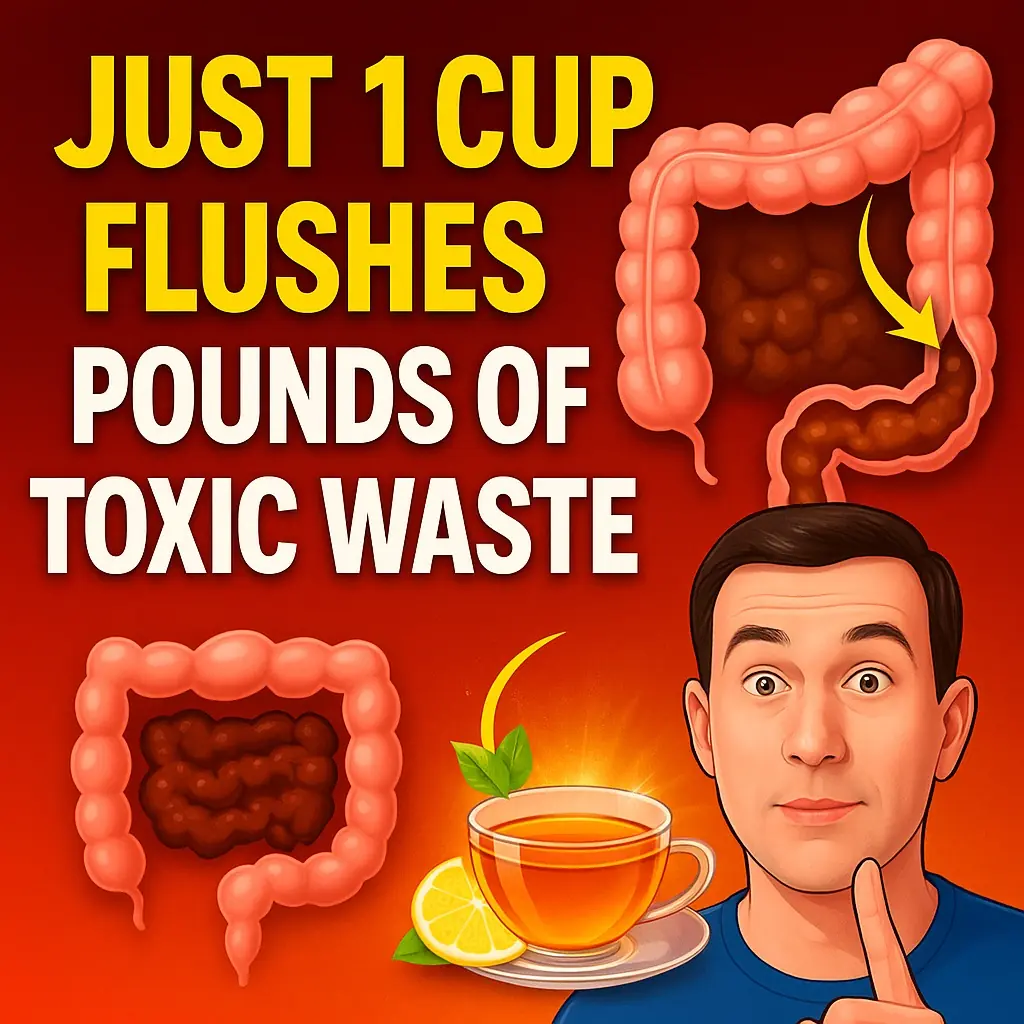
JUST 1 CUP FLUSHES POUNDS OF TOXIC WASTE
News Post
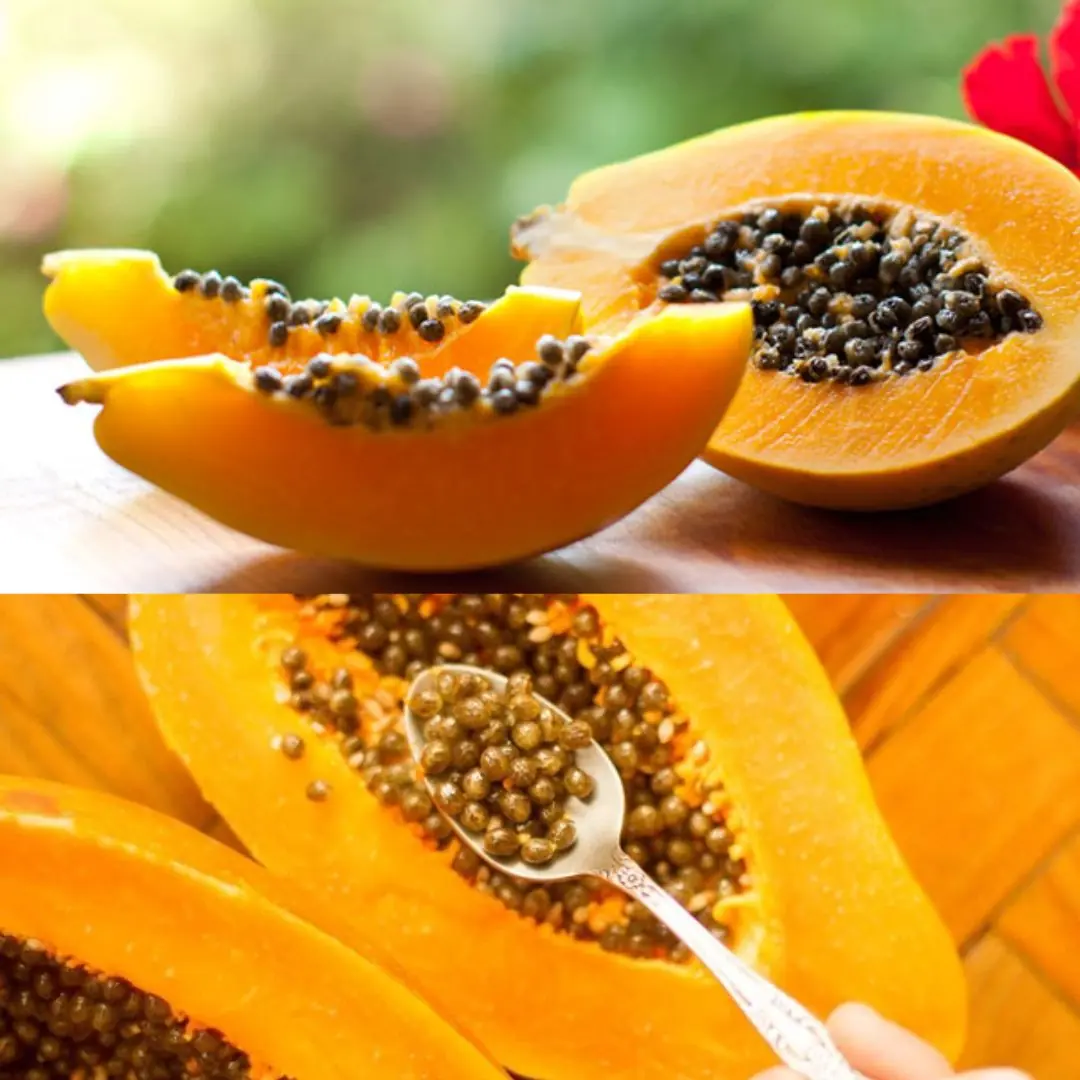
The Powerful Health Benefits of Papaya Seeds: Why You Should Include Them in Your Diet
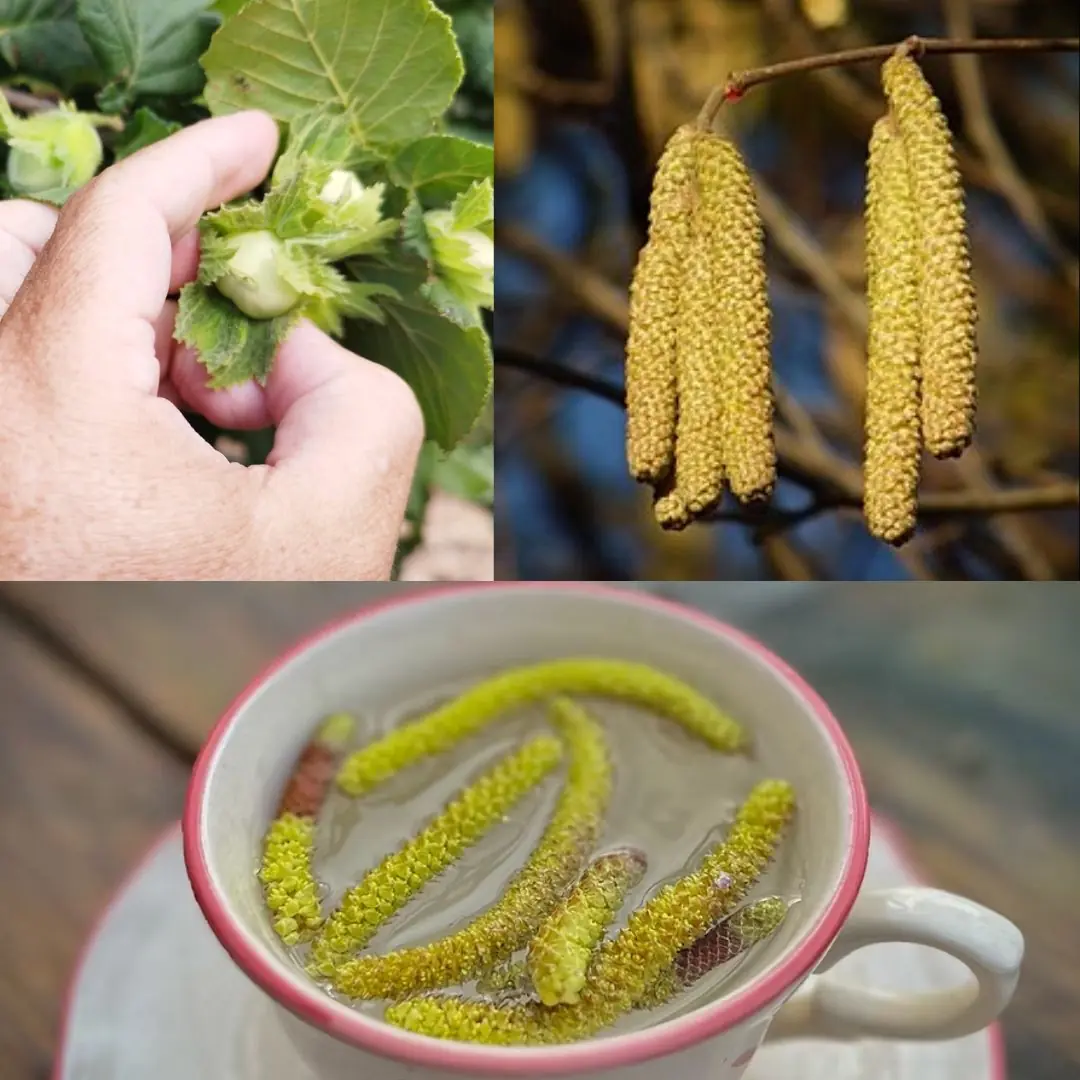
The Wonderful Hazel Tree (Corylus avellana): Nutrition, Healing, and Traditional Uses of Every Part
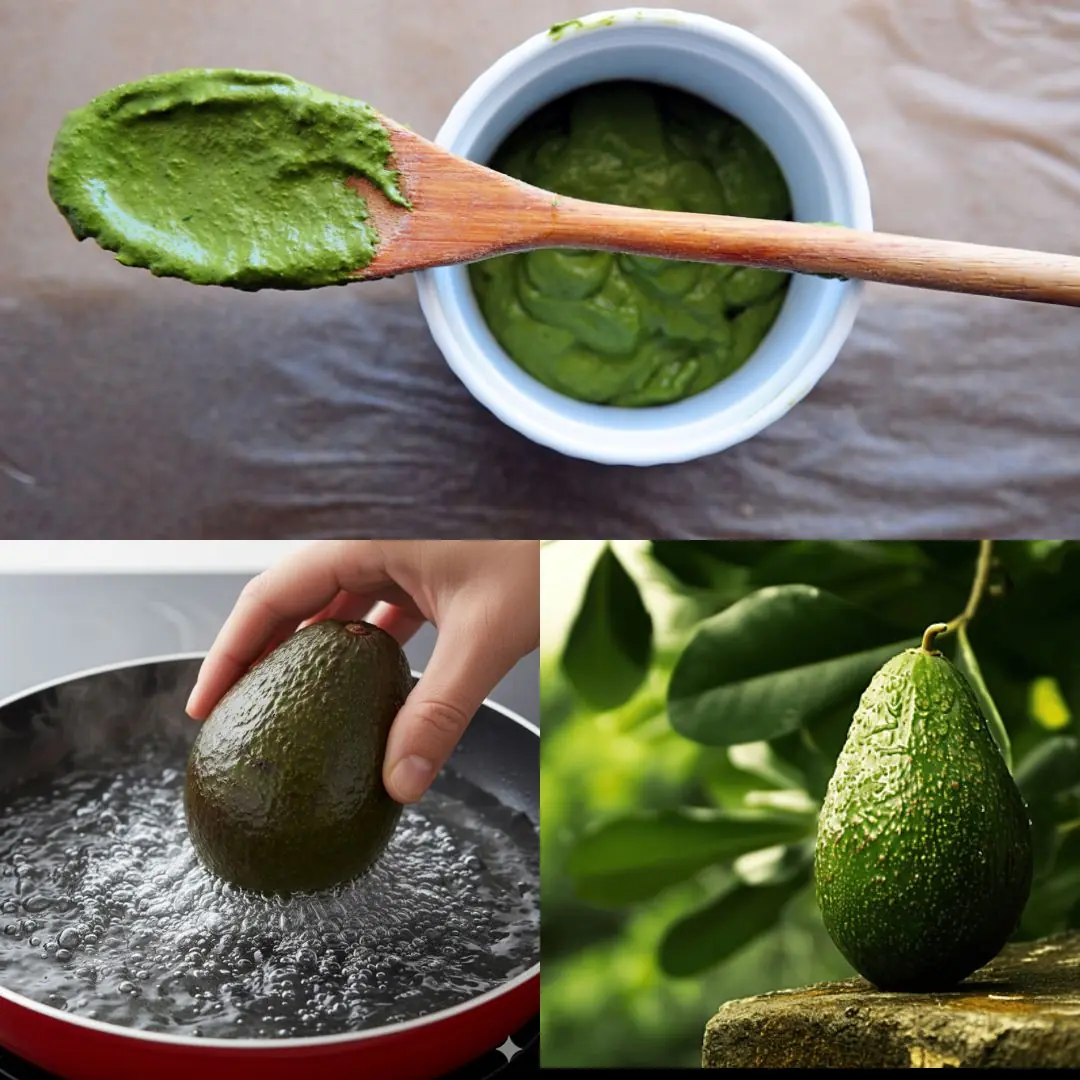
Boiling a Whole Avocado: The Secret to Softness, Nutrition, and a Delicious Baked Recipe
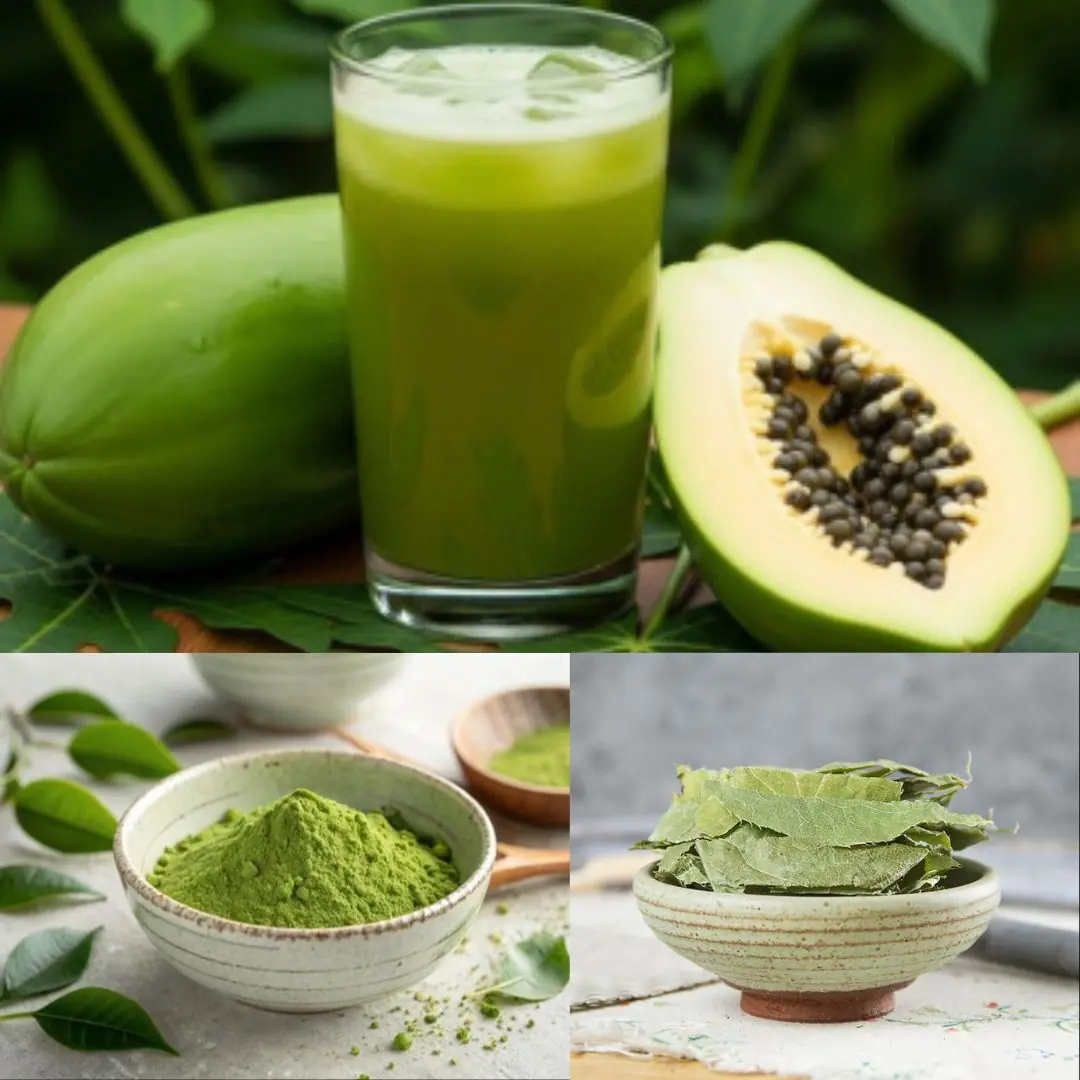
The Hidden Healing Power of Papaya Leaves

Sugar Apple (Annona squamosa): A Sweet Fruit with Powerful Health Benefits

If you find a centipede at home, here is what it means...

Why We Feel That Little Electric Sh0ck When We Touch Another Person—Science Explains

If a Man Doesn’t Appreciate You, Here’s What You Should Do
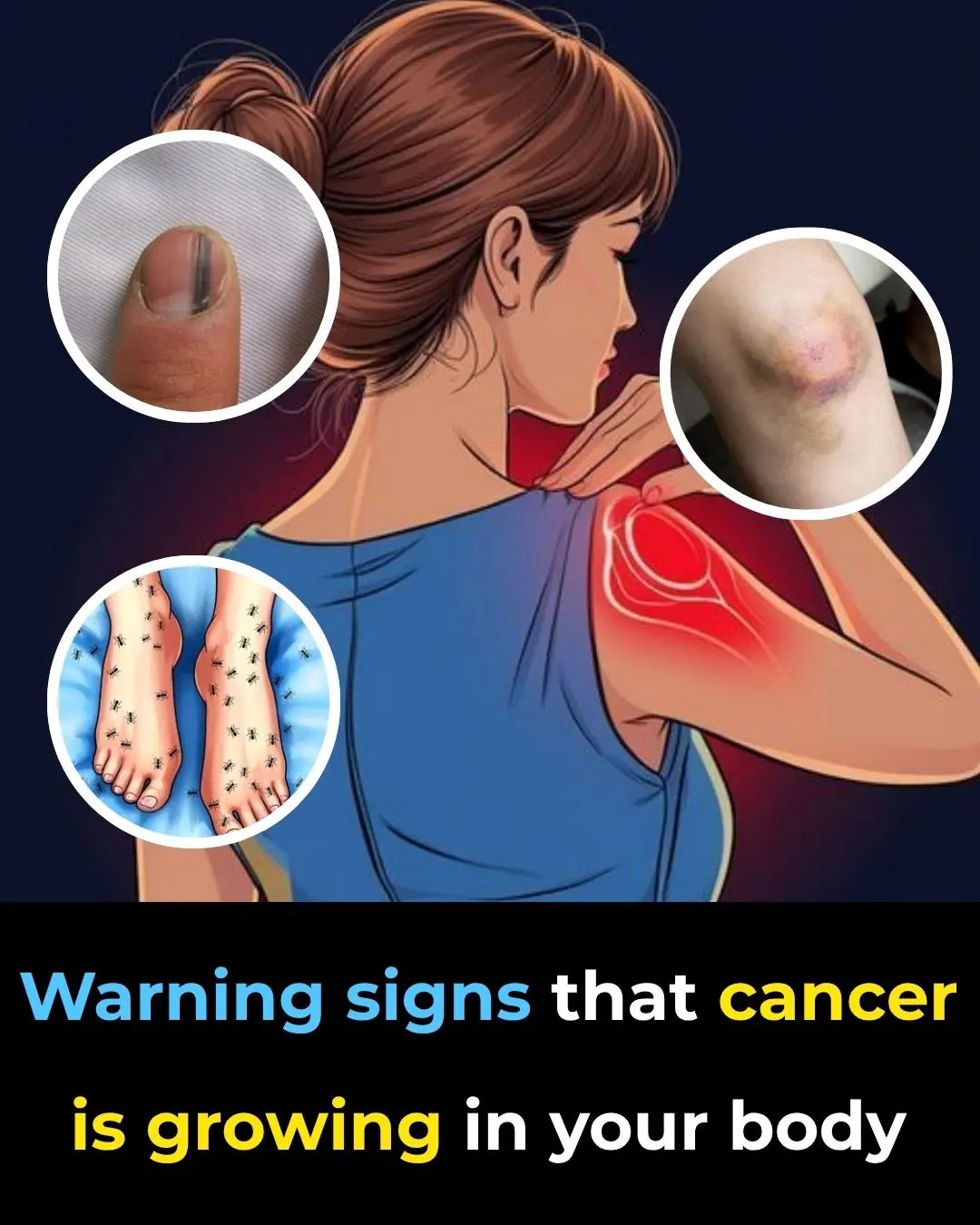
25 Worrying Signs Your Body Is Trying to Warn You of Serious Health Problems (and What to Do About Them)
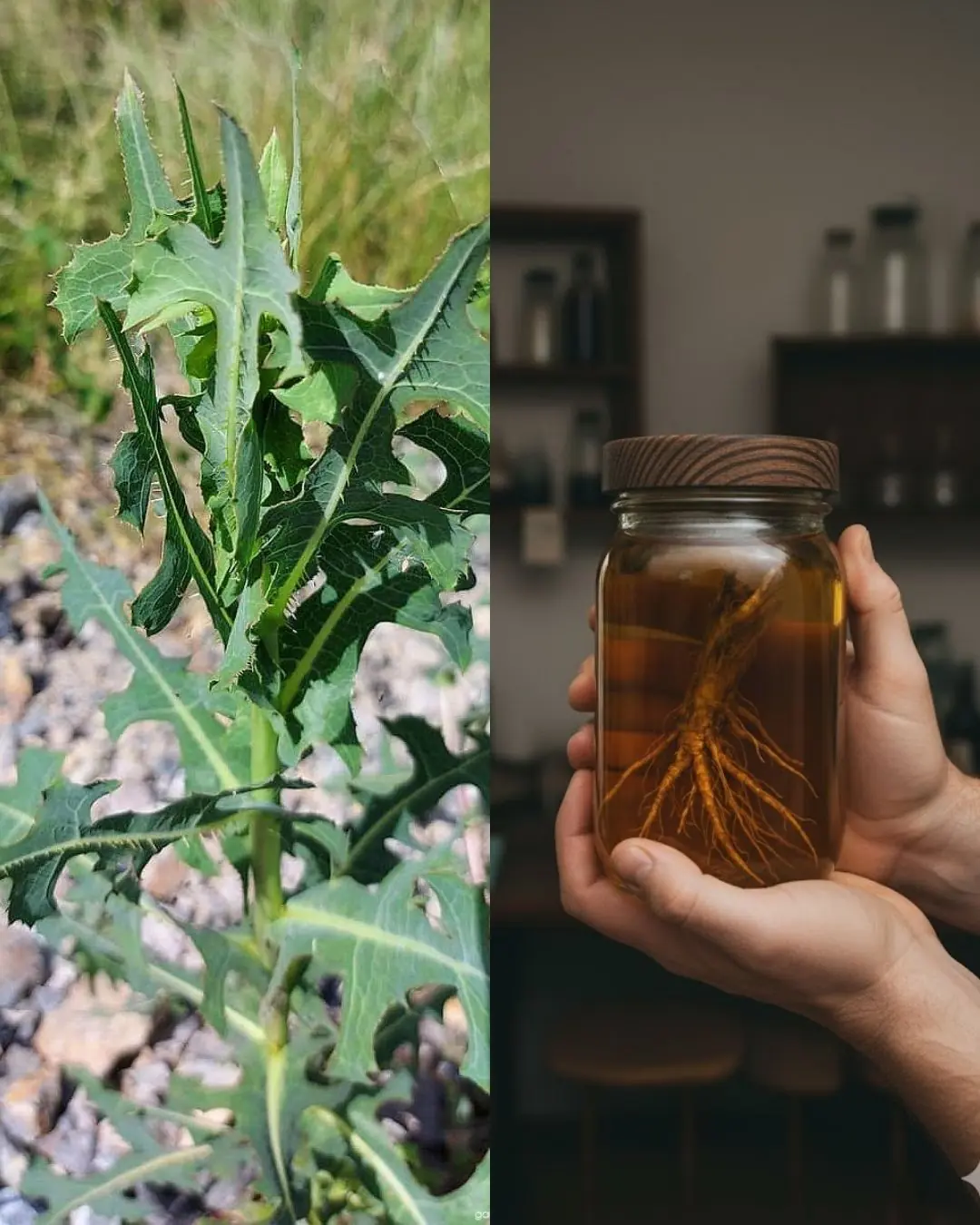
The Hidden Power of Lactuca serriola Root (Prickly Lettuce Root)

Why You Should Stop Waking Up to Urinate

4 types of vegetables are full of parasites but many people still eat them raw every day

Hidden Dangers in Your Mouth: Early Signs of Oral Cancer
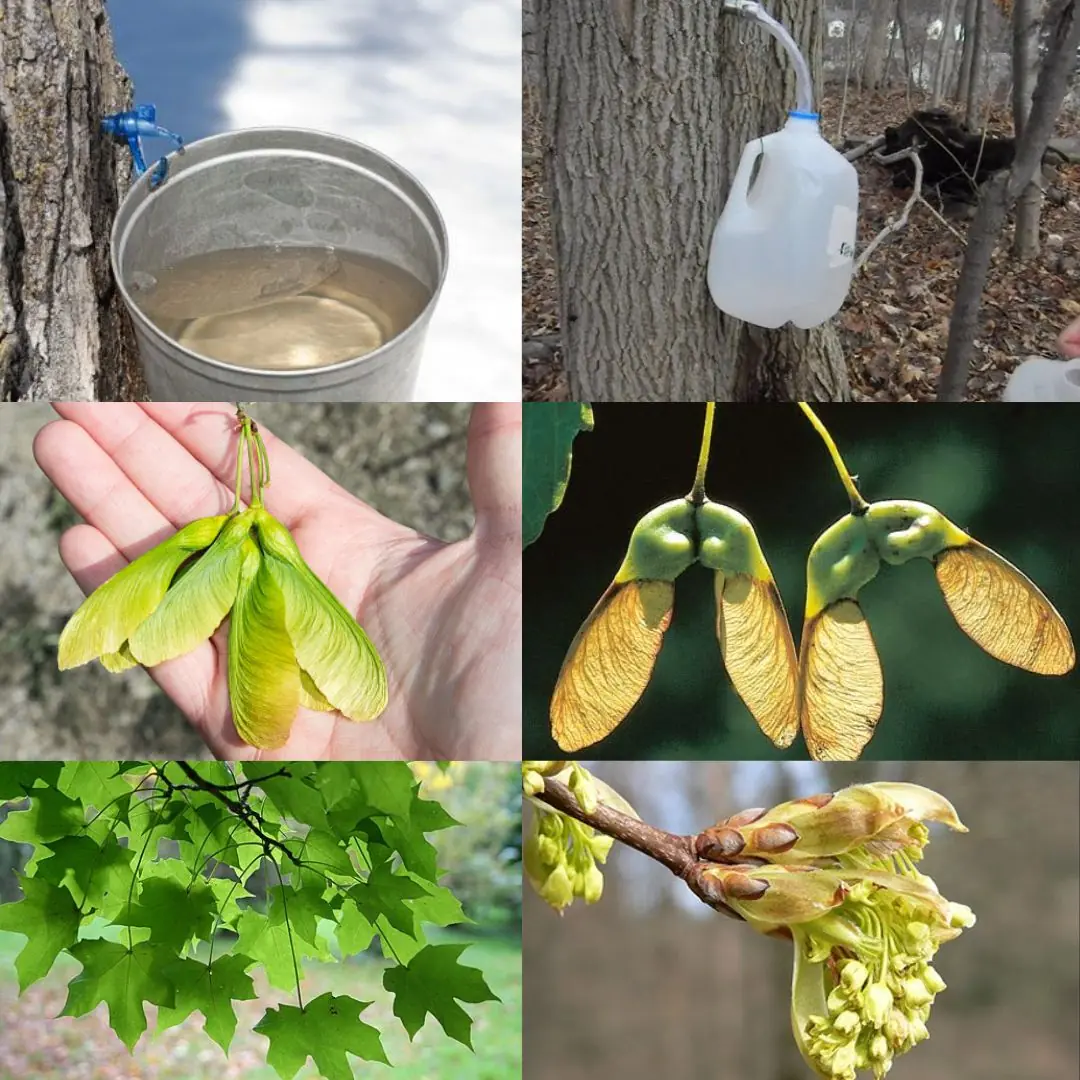
Maple Trees from Root to Crown: A Complete Guide to Every Edible Part

7 Signs of Arthritis You Shouldn't Ignore

California Poppy: Nature’s Gentle Remedy for Relaxation and More
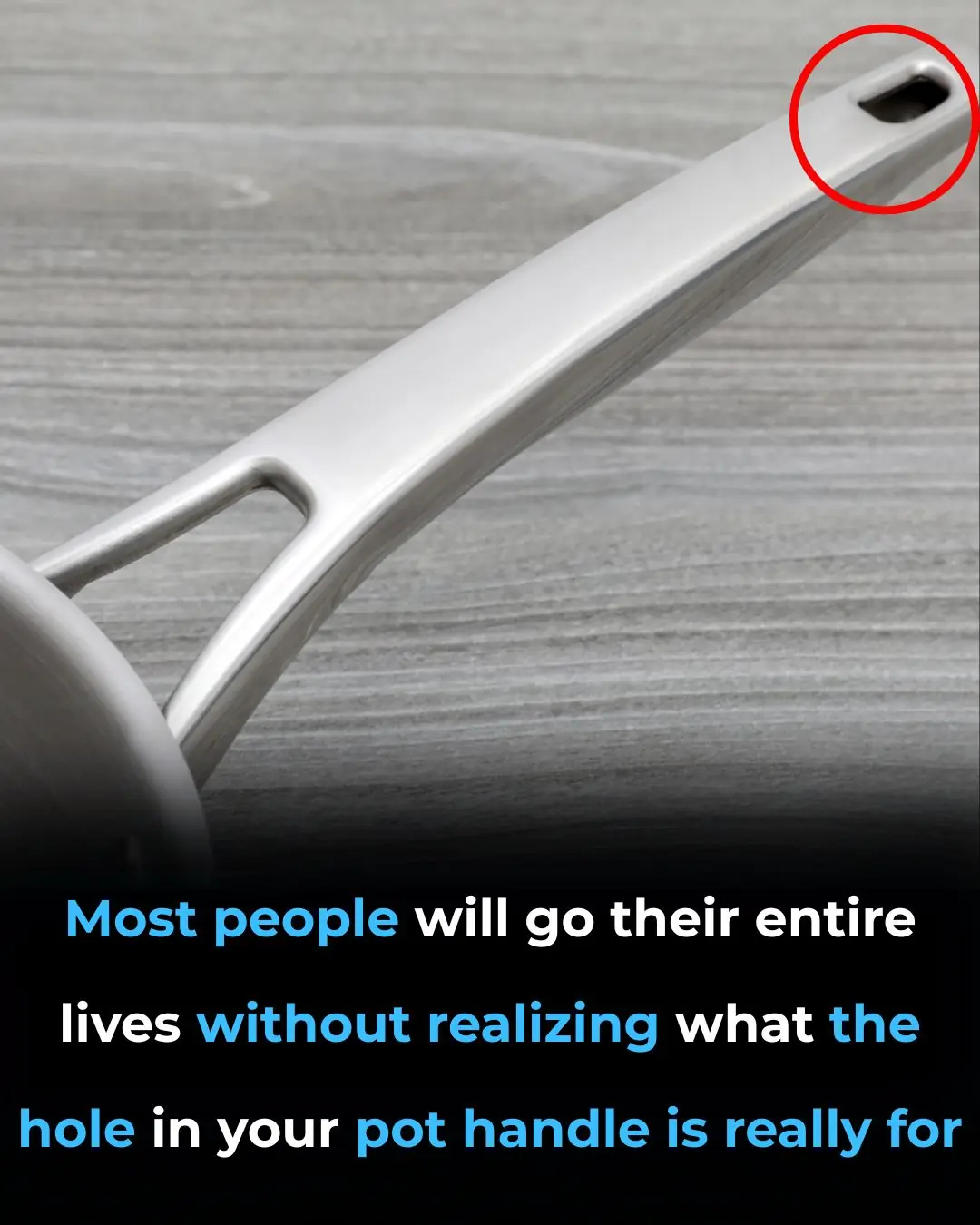
What is its purpose. see details

When a woman stops loving a man, she begins…

5 hygiene mistakes that many people make... but no one dares to talk about...
